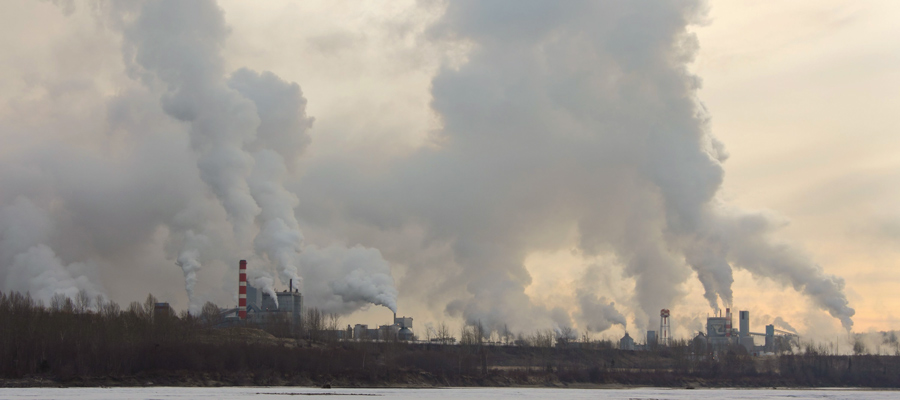Where’s Our Danny Boy?
Give Newfoundland Premier Danny Williams credit for leading by example and doing what no BC politician in recent years had the guts to do: force the issue on what, exactly, the public deserves by way of public returns from publicly owned resources.
Williams’ well publicized decision in December to yank back AbitibiBowater’s public timber and hydro rights after the company announced that it would close its Grand Falls paper mill, commanded national headlines, laudatory letters of support from displaced mill workers, and scathing condemnation in many business journals and newspaper editorials. But say what you will, at least the guy did something.
Meanwhile in British Columbia, home to the vastest, most valuable public forestlands in Canada, the political response is nothing short of anemic with each mill closure. That includes in Mackenzie, poster child of all that is going wrong in rural BC, where none other than AbitibiBowater has shuttered its mills throwing 562 people out of work.
The big difference between Williams and BC counterpart, Gordon Campbell, is that under Campbell’s watch, BC formally severed any link between access to public resources and requirements that the companies gaining such access actually do something with what they were given. Newfoundland never went down that road, insisting on manufacturing requirements in its agreements with AbitibiBowater and its forerunners that date back more than a century.
Even with those requirements, Newfoundland may yet be sued by Abitibi under the North America Free Trade Agreement – a move Williams and his advisors surely foresaw. But that didn’t stop Danny Boy.
Meanwhile in BC, AbitibiBowater sits on a licence that gives it access to nearly 1 million cubic metres of publicly owned timber per year. All bets are that the company will never reopen its Mackenzie mills and that it is simply waiting for markets to improve prior to selling “its” forest holdings to a former competitor such as Canfor.
That, in a nutshell, is the big difference between Newfoundland and BC these days. Far to the east, our Canadian cousin views publicly owned assets as the people’s resources, whereas here they’re the company store’s.
Of course, it’s one thing to take public assets back, quite another to reassign them. More on that, in a later post.

